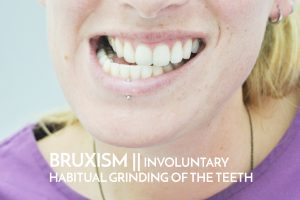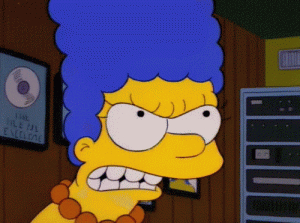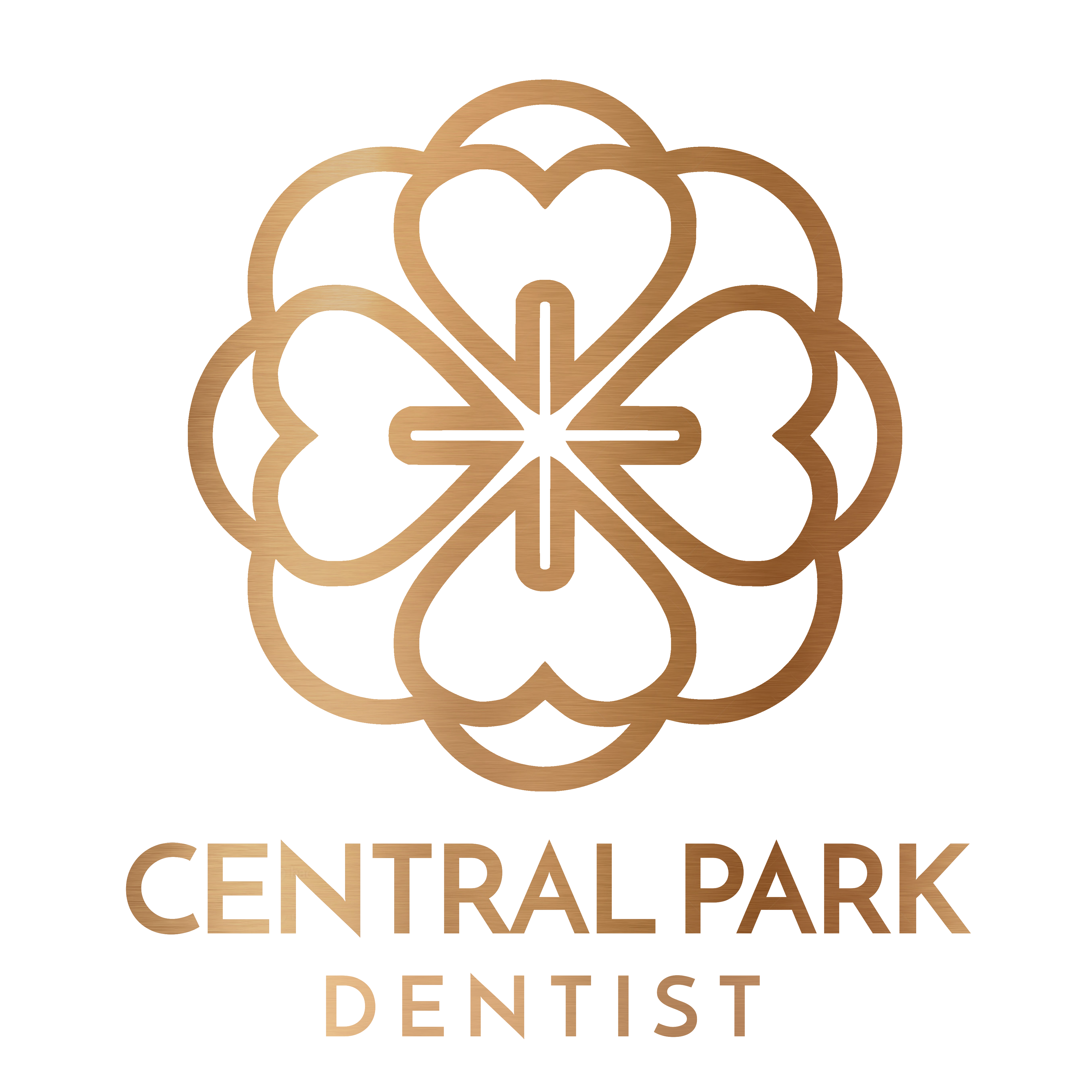
Do you frequently wake up with headaches, neck aches or pain in your jaw? Have you noticed that you grind or clench your teeth at night? It might be a good idea to come and discuss it with our Principal Dentist Dr. Loan Tram, as it may be a Temporomandibular Joint Disorder (TMD).
People who grind their teeth can sometimes develop a serious problem with their jaw, which left untreated, can adversely affect the teeth, gums and bone structures of the head and neck. One of the most common jaw disorders is related to a problem with the Temporomandibular Joint (TMJ), the joint that connects your lower jaw to your skull, and allows your upper and lower jaw to open and close and facilitates chewing and speaking. Pain or discomfort in these joints may also be associated with clicking, popping or locking when opening and closing the mouth.
Causes
Several conditions can be linked to TMD. This often makes it difficult to identify what is specifically causing it. Frequent causes include:
-
- Stress
- Clenching or grinding
- Systemic diseases that may affect the jaw muscles (such as arthritis)
- Jaw or head injuries
Here are six things you can do immediately to get relief
- Resting posture – at rest, or walking, reading or watching tv, your jaw joints should lie in a “neutral” position. Your top and bottom teeth should barely be touching. In fact, your teeth should only touch when in function, ie when eating or forming certain words during speech. Tip: start with your teeth barely touching, and slide your tongue from the front of your palate as far back as it can go. This back position is the neutral position your lower jaw should be in. It’s not meant to be protruded as this strains your jaw and neck muscles.
- Sleeping position – if your have TM joint pain, always try to sleep on your back. Tip: Avoid sleeping on a rolled fist as this strains your jaw muscles and joints overnight.
- Avoid wide opening – it is unnecessary to open wide in day to day life, and even if you can produce a click in your joints when you open wide, this isn’t really a party trick you should be showing off! Tip: place a thumb under your chin when you need to yawn in order to brace against wide opening. This precaution eliminates hypermobility, while at the same time practicing isometric muscle contractions, strengthening the joint.
- Practice nasal breathing – if you have a habit of breathing through your mouth, your jaw position will be affected, and again the muscles and joints of your head and neck will be under strain. Always try to breathe through your nose. Tip: if you have chronic nasal congestion, an ENT (Ear Nose Throat) doctor can use a tiny camera to diagnose obstructions.
- Drop bad habits – chewing on finger nails, pens, party drugs, chewing gum – all these things need to be avoided to reverse TM joint pain.
- Jaw exercises – the TM joint is kept in balance by various ligaments, tendons and muscles to the front, back of side of the joints. When one muscle is too tight, and the other too lax, chronic joint pain can develop. So frequent exercise is key to getting immediate relief. Tip: visit our page on jaw exercises and keep it bookmarked for when you need some instant relief!
To determine how to best treat your condition, a comprehensive examination is recommended. The joints and muscles will be checked for tenderness, clicking or difficulty when opening or closing your mouth. If you have any questions or would like to talk to Dr. Loan Tram regarding any TMJ issues you may have, come and visit us at Central Park Dentist. You can find us conveniently in Central Park, Chippendale. Drop in, email or contact us on 02 6153 3134 or Book Online for a check-up.

